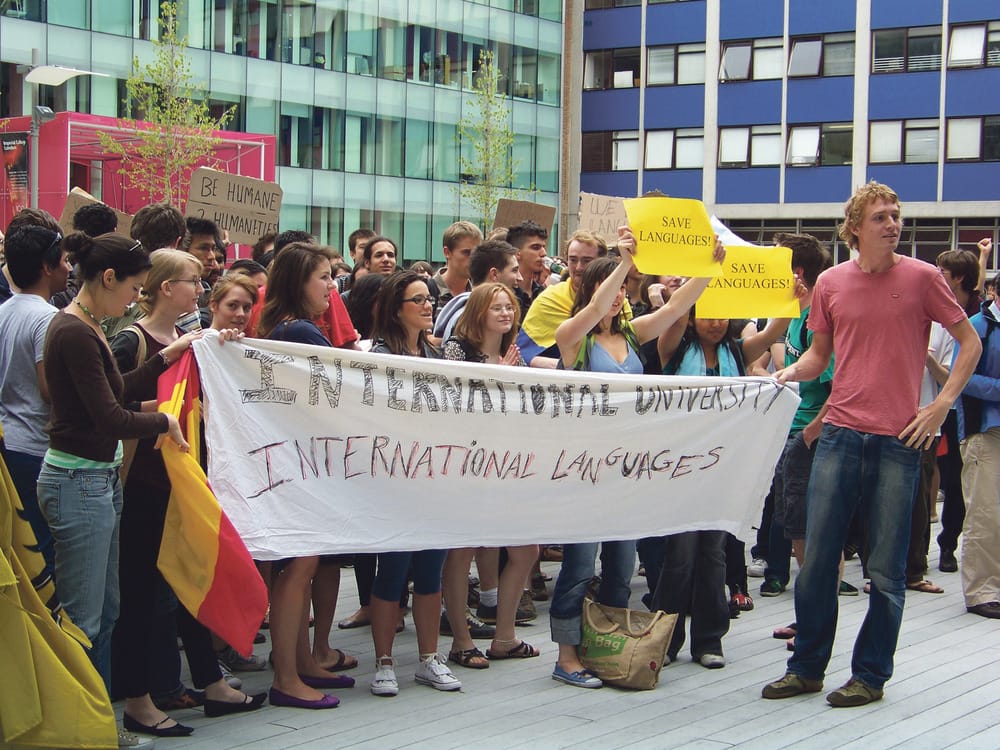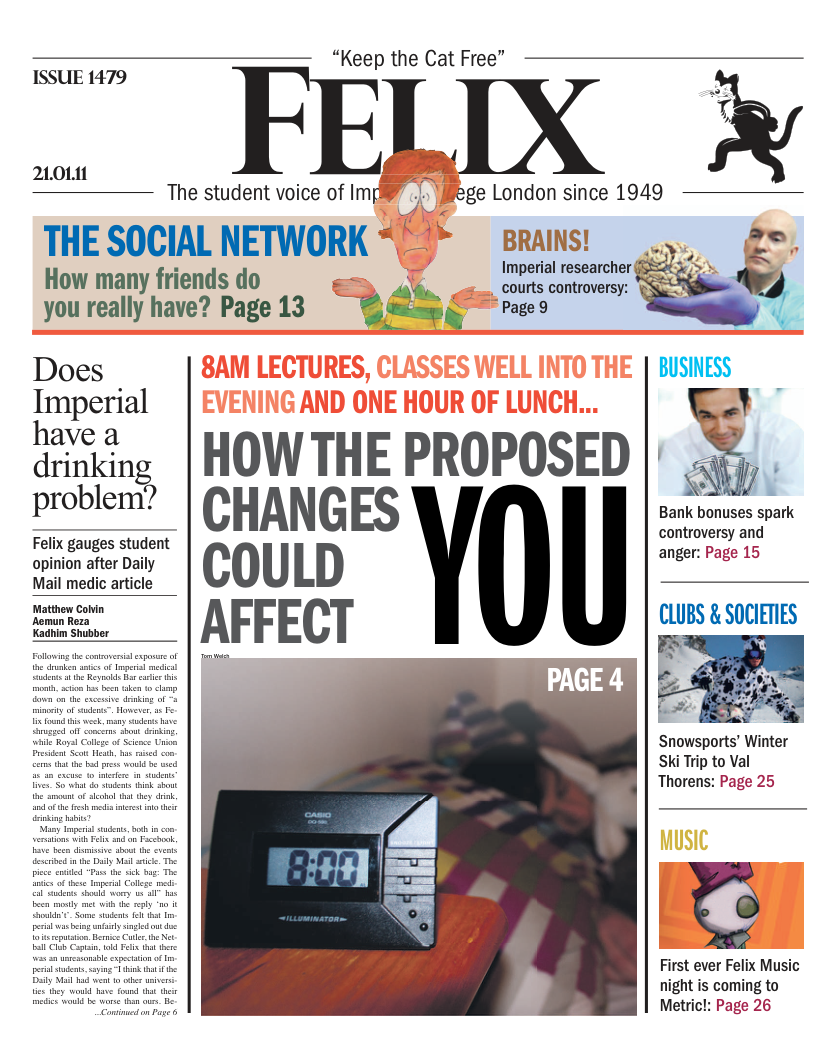Fears for Humanities
Sophia David argues that Humanities could be negatively affected by the proposed changes

For many students, the option to balance their science degrees with humanities subjects is fantastic opportunity offered to ensure they acquire the widest range of skills during their time here. However, some of the proposed timetable changes could increase the pressure on humanities students. It is critical that the panel overseeing the proposed timetabling changes recognise the importance of humanities to students, both in terms of enjoyment as well as the development of skills and improved employability that comes with the classes.
The proposal to have teaching during the lunch hours could mean that those undertaking language courses as part of Year in Europe or Language for Science degrees, have no lunch break at all. Benjamin Chadwick, a first year Mathematician and Year in Europe student remarked that continuing his French classes into the single lunch hour “would be a nightmare on a busy day, [I need] a break from lectures in which I can relax”.
The Languages coordinator, Charmian Brinson, highlighted how the change would cut back the Humanities lunchtime programme. “Reducing the lunchtime from two hours to one would effectively shrink our timetable and the availability of places on our courses by half”.
Another proposal is to move the Humanities and Language classes of the Year in Europe and Language for Science degrees to the evening, from 6pm to 8pm, a change welcomed by neither staff nor students. “It would be very disadvantageous for any student taking a Languages or Humanities option for credit to be obliged to take this part of their course in the evenings after a full day of lectures and labs,” commented Charmian Brinson.
Miriam Kennedy, a Mechanical Engineering and French student, remarked that Humanities seemed “completely under-appreciated”. He added: “If they are an accredited part of their degree, they should be held during college hours and valued as much as any other module.”
However, the value that Imperial places in Humanities shoudn’t be underestimated. There is already a very large evening class programme of Languages and Humanities options from 6pm to 8pm that are open to everyone including staff, students and members of the public. They have now also proposed offering new Humanities and business classes at these times, on a voluntary basis.
With the Humanities department having no representation on the panel, it is hoped that the views of both staff and students will be taken into account in any decisions made about the department. Students are lucky to have such a flourishing Humanities department at a science institution and to be able to study such a wide array of subjects. Hopefully, this will not change.








